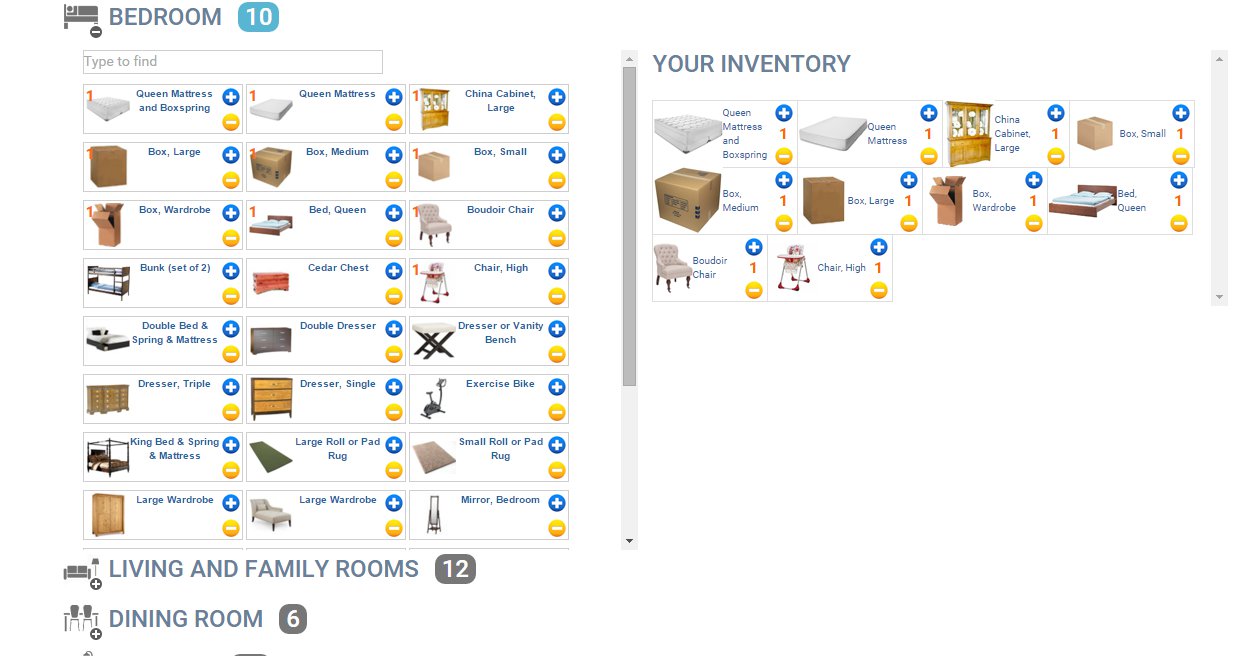Moving Industry Terms
Moving Terms
- Sometimes We Forget the Moving Industry Can Be Confusing
- Additional Services
- Appliance Dolly
- Arbitration Program
- Assessed Value Coverage
- Bill of Lading
- Non-Binding Estimate
- Binding Estimate
- Hourly Rate
- Stair Flight Fee
- Full-Replacement Coverage
- Full-Service Mover
- Inventory
- Interstate Move
- Intrastate Move (local)
- Packing Service
- Stair-Carry Charge
- Standard Coverage
- Tariff
- Valuation
- Have More Q's? Call Moving Authority for Help!
1. Sometimes We Forget the Moving Industry Can Be Confusing
At Moving Authority, one of the most common complaints we hear is that people don’t understand all of the moving “lingo” we use on our site or over the phone. It is important for people completing household moves to learn the words used to refer to services or items in the moving industry. Unfortunately, a lot of moving companies have become so accustomed to using these terms that they will just throw all of them at you at once without considering that you may not understand them.2. Additional Services:
Unpacking, packing, elevator charges, etc. are all things that are considered an “additional service” because they require an extra charge.
3. Appliance Dolly:
A dolly that is specialized for moving appliances. It is equipped with special straps to move the heavy items.
4. Arbitration Program
Arbitration settles disputes between the carrier and the shipper. It is private, removing the need to make a court case out of a simple dispute. The USDOT requires household goods carriers to be enrolled in an Arbitration Program to finish the DOT application and obtain a USDOT number. Arbitration must be renewed annually.5. Assessed Value Coverage:
This clarifies how much you will have to pay per $1,000 of assessed value to cover your household items to their fully assessed value. If you want to purchase this protection, you are required to assign cash values to the goods that you will be moving. In some cases, the amount per $1000 that you will pay for this type of coverage will fluctuate based on the total value of your goods.
6. Bill of Lading:
The receipt made by the moving company to display the total cost you have to pay when service is complete. It is important to ensure that this document is correct before signing it.
7. Non-Binding Estimate:
An estimate formulated based on the prior experience of the mover. This type of estimate is subject to change.
8. Binding Estimate:
A price based on the inventory surveyed at the time of the onsite estimate, not based on the time the move takes to complete, can only be given after an onsite estimate is performed.
9. Hourly Rate:
Charging per person, per truck, per hour.
10. Stair Flight Fee:
An additional cost incurred when there is a flight of stairs at the new location or the old one. If there are elevators large enough to transport household goods, then there is no need to pay this fee.
11. Full-Replacement Coverage:
How much it would cost to replace an item that is lost or damaged. Movers usually require that this coverage is paid for the entire shipment.
12. Full-Service Mover:
Most moving companies are full-service movers. They will move every item from the rooms in your old home and put them in the new home. For an extra charge, they can also provide a full pack and unpack.
13. Inventory:
A list of all the items that you will be moving. It will also include the condition that each of your items is in.
14. Interstate Move:
Any move that involves taking goods across state lines.
15. Intrastate Move (local):
A move that remains within state lines.
16. Packing Service:
Full-service movers typically offer a service where they will pack all of your household goods into boxes, then unpacked the way you would like them at the new destination.
17. Stair-Carry Charge:
A charge incurred for carrying items upstairs or downstairs.
18. Standard Coverage:
Since the moving industry is highly regulated, there must be a certain amount of insurance coverage included in the price of your move. The most common base coverage is sixty cents per pound, per article. So, if an item that weighs 5 pounds is broken, you will receive $12 in compensation from the moving company. It is never smart to rely on this base coverage to protect your goods.
19. Tariff:
A list that details how much the carrier charges for shipments and additional services. We offer custom tariffs.
20. Valuation:
How much a shipment is worth. This charge compensates the mover for assuming a larger liability than what is laid out in transportation charges.
21. Have More Q's? Don't Stress, Call Moving Authority!
So, your head is probably spinning after reading through all of these terms. Don’t worry, there won’t be a test on any of these definitions. They are good to know if you are planning to move with a full-service moving company check the link out to see what to expect from a full-service moving company.


Add Comment